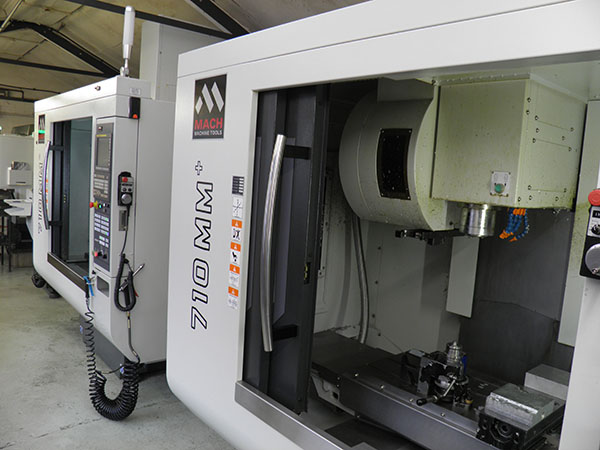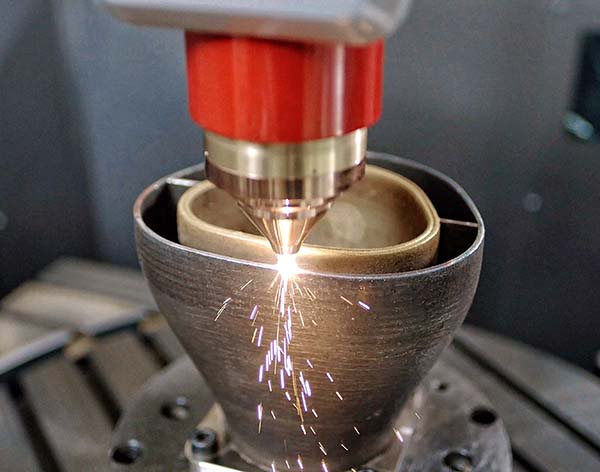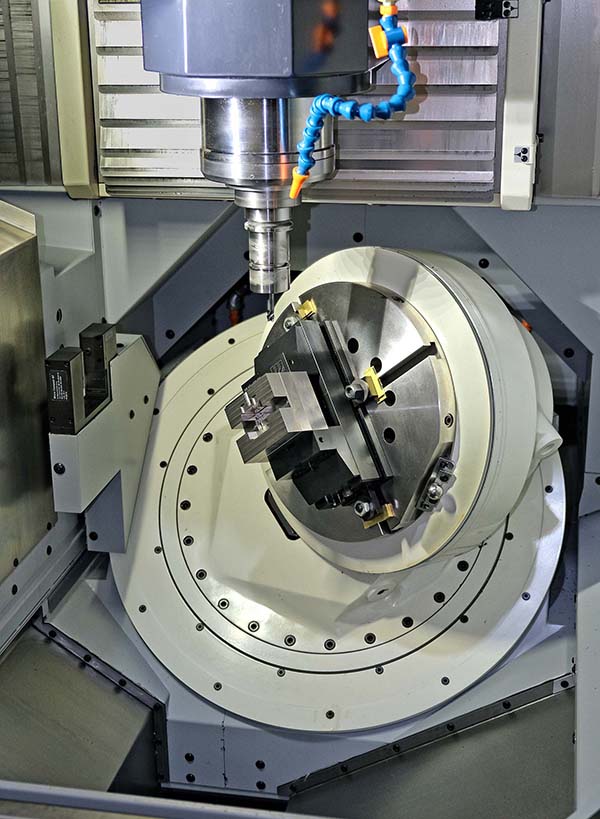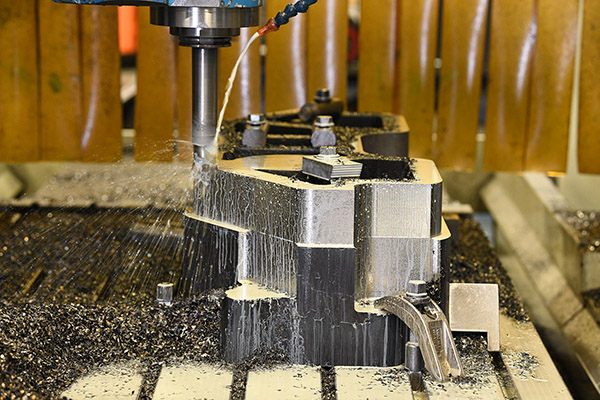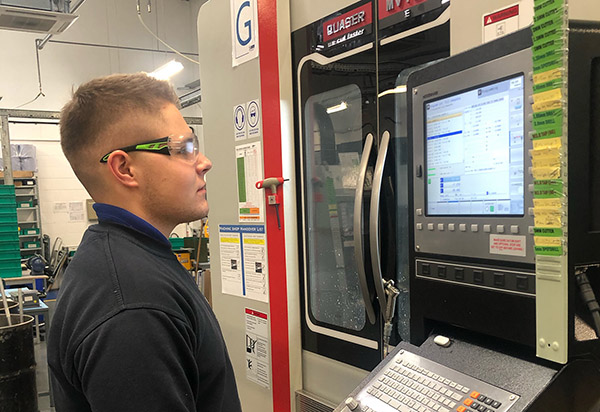MACH Machine Tools has recently supplied Surrey-based precision subcontract specialist Delavale Engineering with two MACH 710MM+ vertical machining centres. The machines are positioned adjacent to each other at the company’s 5000 sq ft facility in Bagshot to create a flexible, high-productivity milling cell.

Delavale’s decision to invest in new machines from MACH Machine Tools represents a significant departure for the company. Prior to the new acquisitions, Delavale purchased pre-owned machines from Machine Tool Sales Online (MTSO) which, like MACH Machine Tools, is part of the Vigilance Group of companies. New machines were acquired from a different, well-established machine-tool supplier.
Explains Steve Burrows, Delavale’s managing director: “We regularly invest in high-quality used machine tools as an established route to increasing and improving our machining capacity and capabilities and, over recent years, have acquired a number of pre-owned machines from MTSO.”
Indeed it was during a visit to MTSO’s Bristol showroom facility where Burrows, with an eye on acquiring a pre-owned machining centre, caught sight of a new MACH 710MM+ vertical spindle machine.
“MACH 710MM+ machines have a number of attractive features and their specification compares favourably with many mid-size vertical machining centres on the market,” he says. “Particularly appealing was the direct-drive spindle configuration which, unlike belt-driven spindle options, are much quieter and more responsive. The machine’s face and taper tooling, and 48m/min rapid rates, were other key selling points.
“Following its delivery and installation, one of the first jobs loaded to the machine was an existing precision aluminium component,” he continues. “The MACH 710MM+ delivered immediate benefits, most notably a 50% reduction in cycle time and the elimination of secondary, hand-finishing operations.”
Such were the performance and productivity improvements gained from the MACH 710MM+ machine that, just a few months later, Delavale ordered a second identical machine.
For further information www.machmt.co.uk






